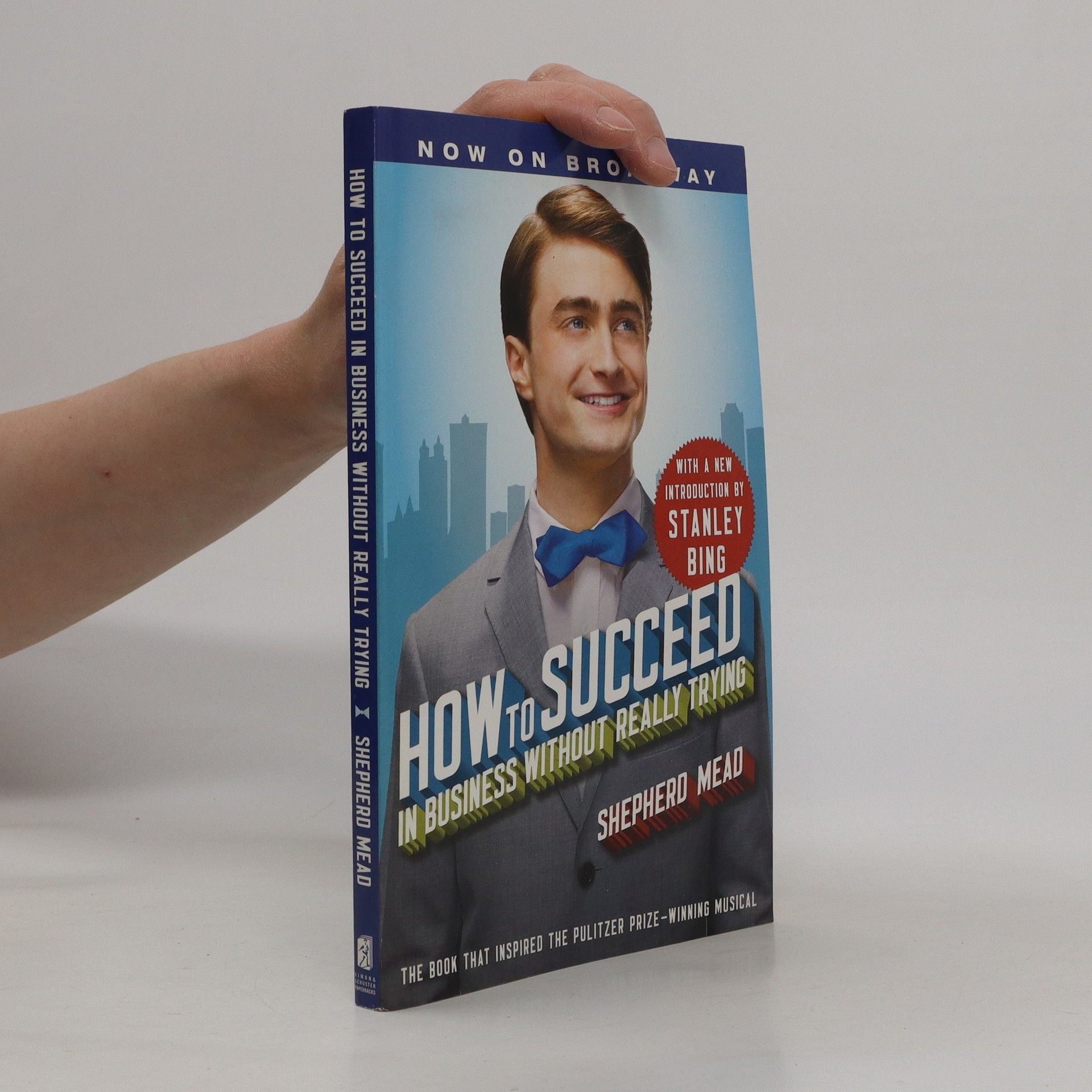Shepherd Mead Libros
Shepherd Mead fue un escritor aparentemente perseguido por el éxito, incluso mientras lanzaba críticas mordaces a la sociedad. Esta paradoja impulsó sus esfuerzos literarios, llevándolo a explorar las absurdidades e hipocresías de la vida moderna con agudo ingenio. Su obra se caracteriza por una observación aguda y un enfoque humorístico, a menudo satírico, hacia la naturaleza humana y las convenciones sociales. La escritura de Mead ofrece un comentario distintivo y perspicaz sobre las complejidades de la ambición y la conformidad.






From this classic tome, learn everything you need to know to land the corner office: · How to make money · How to make more money · How to choose the right company (one big enough so that nobody knows exactly what anyone else is doing) · How to cultivate the appearance of extreme busyness through strategic desk management · How to delegate responsibility (have plenty of assistants!) First published in 1952, this guide inspired the beloved Pulitzer Prize–winning musical, which returns to Broadway in 2011 in a production that stars Daniel Radcliffe and John Larroquette. Updated with a brilliant new introduction by the king of business satire, Stanley Bing, How to Succeed in Business Without Really Trying is essential reading for the ambitious and the lazy alike.
The Sex Machine
- 178 páginas
- 7 horas de lectura
Focusing on the world of public opinion, this book explores the significance of polls and how businesses rely on them to gauge consumer sentiment. Central to the narrative is MacInnes, a character with an uncanny ability to predict poll outcomes without conducting any surveys. The work delves into the intricacies of perception and the influence of public opinion on corporate strategies, revealing a deeper commentary on societal values rather than the expected themes of sex or machinery.



